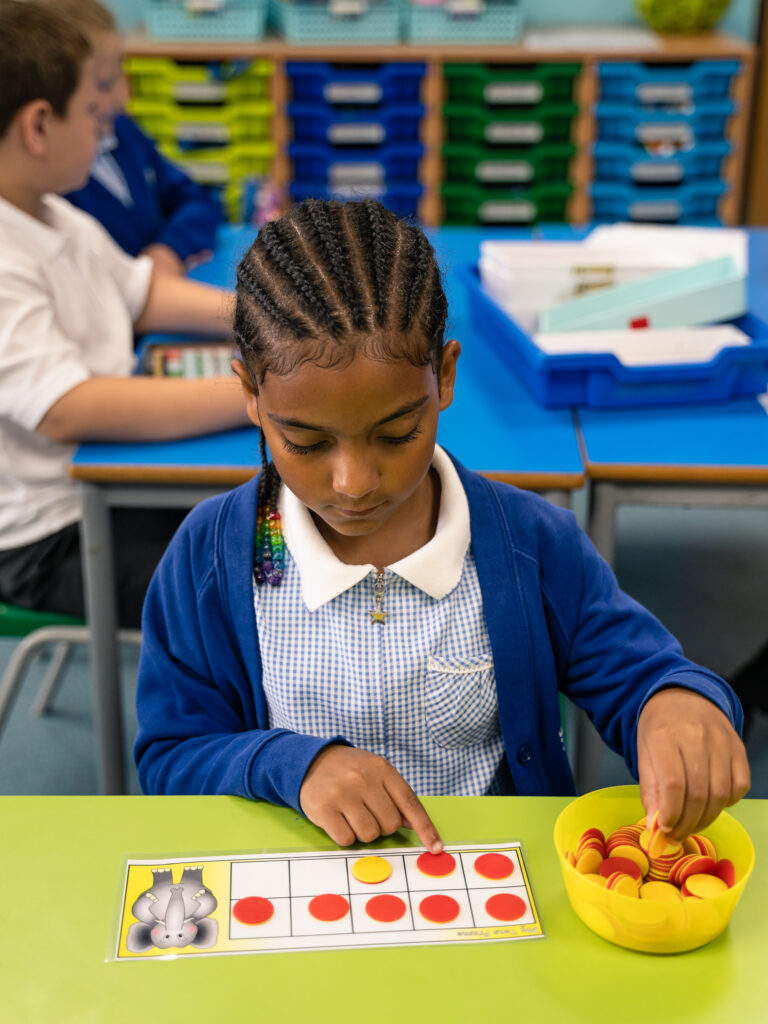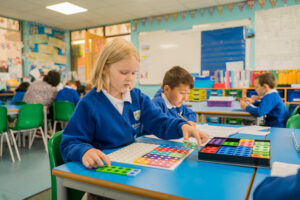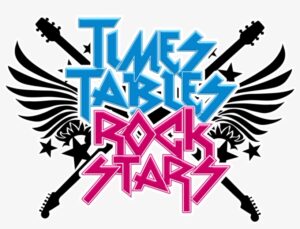ACHIEVE
Maths
Statement of Intent
At St Barnabas CE Primary School, Mathematics is a vital part of our curriculum and plays an important role in developing confident, curious and resilient learners.
We aim for all children to build on strong foundations in early Maths to develop a deep understanding of mathematical concepts, enabling them to reason, problem solve and apply their skills with confidence in everyday life.
Our curriculum is designed so that children:
· Build strong number sense and calculation skills
· Develop fluency, reasoning and problem-solving abilities
· Use accurate mathematical language to explain their thinking
· Gain confidence and enjoyment in mathematics
The development of children’s oracy skills is integral to our teaching and learning of Maths. Children are able to discuss, reason and problem solve together through a range of oracy strategies. We encourage children to see the relevance of maths beyond the classroom. Opportunities are provided across the wider curriculum and through real-life problem-solving, helping pupils understand how mathematics is used in the world around them.

Skills Progression
Times Tables
| Children need to know and be secure in their times table and division facts up to 12 x 12, 12 ÷ 12 by the end of Year 4. Children are encouraged to practise their times table and division facts in a fun and engaging way, through rapid questioning, singing songs and the use of ICT to increase not only accuracy of recall, but speed. We use ‘Times Tables Rock Stars’ which is a carefully sequenced programme of times tables practice. |
| Expectations for learning times tables and division facts |
| Year 1- 2s, 5s and 10s times tables and linked division facts up to x12 and to know doubles and halves to 10. |
| Year 2 – 2s, 5s, 10s times tables and linked division facts up to x12 and to recognise odd and even numbers. |
| Year 3- 3s, 4s and 8 times tables and linked division facts up to x 12. |
| Year 4 – All times table and division facts up to 12 x 12 and 12 ÷ 12 with quick recall and accuracy. |
Learning in Maths









